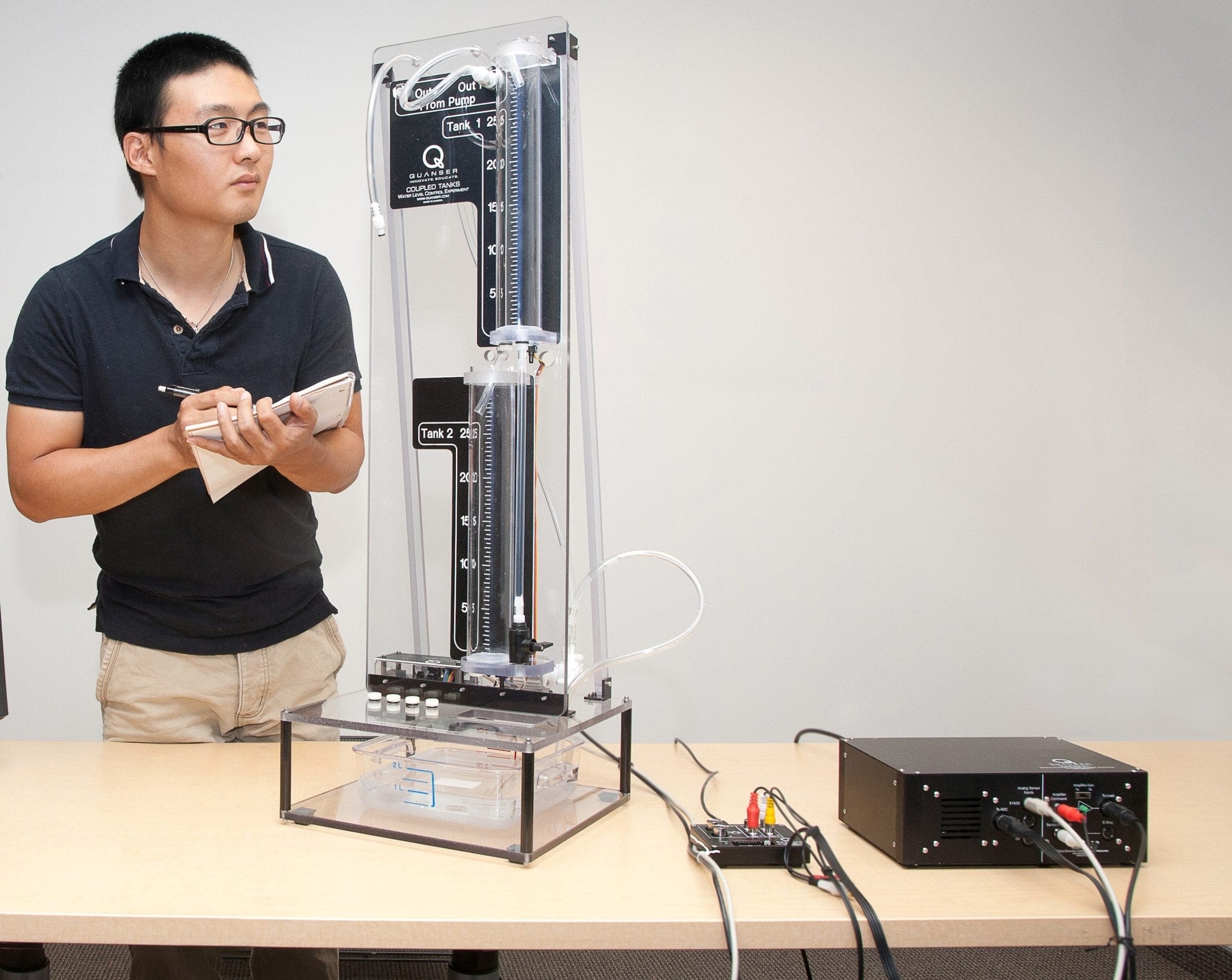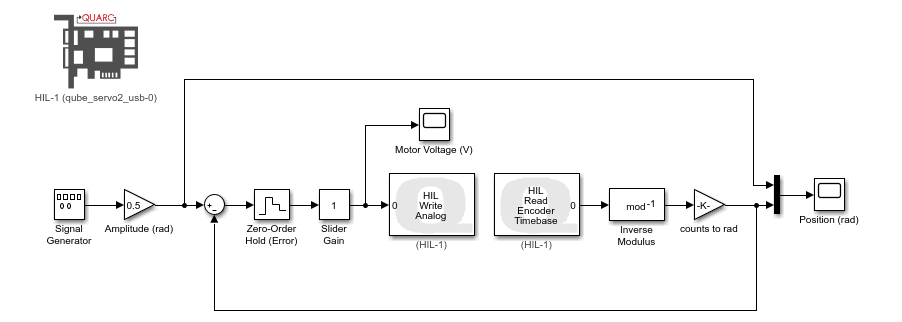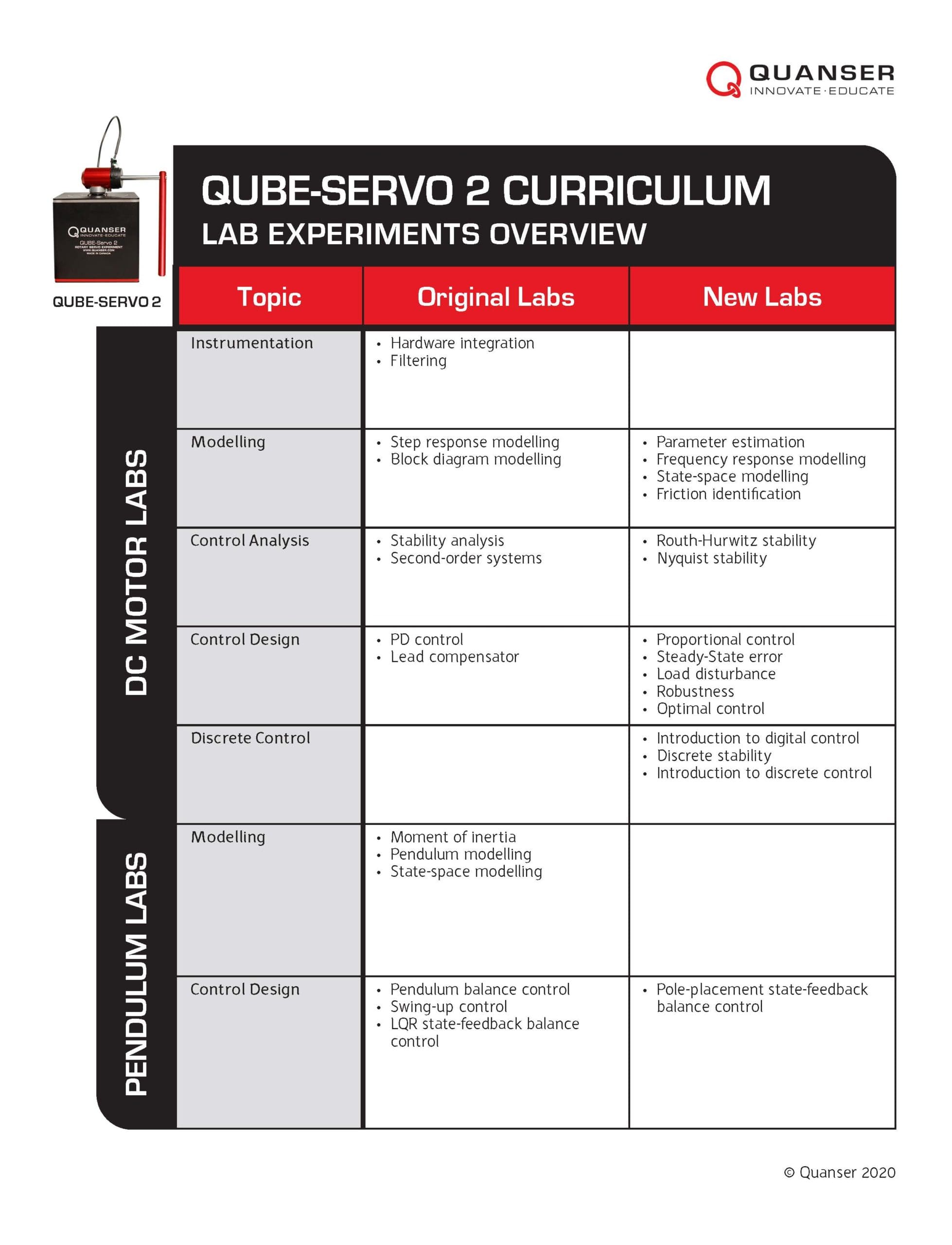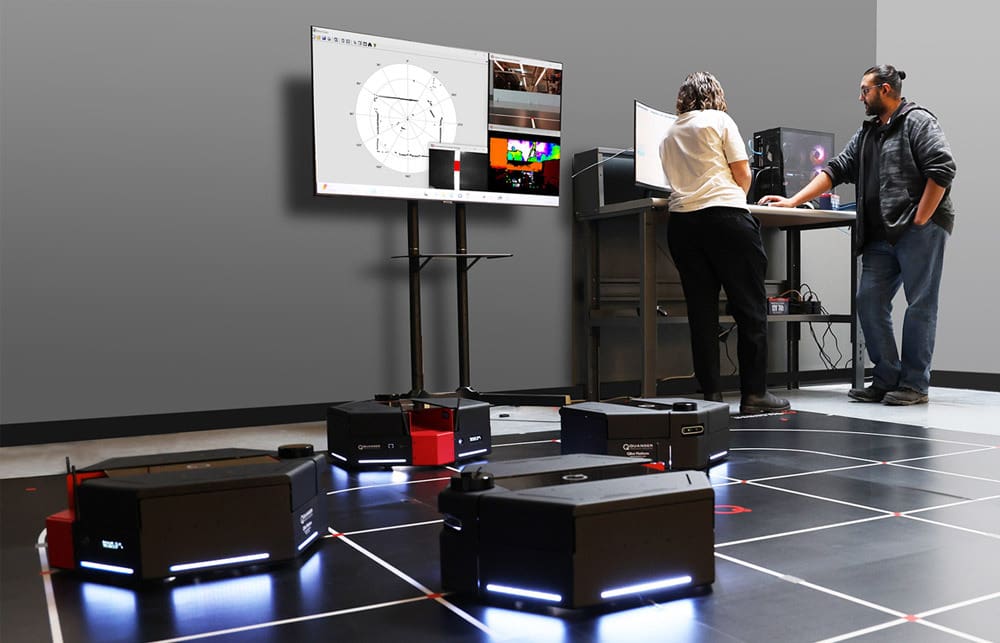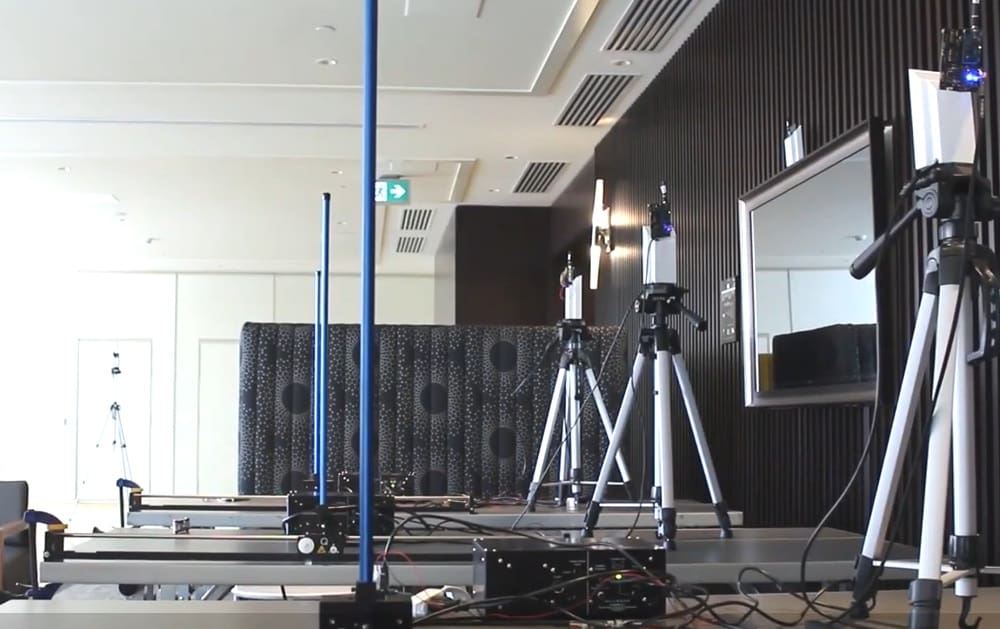
I’ve seen a lot of inverted pendulums balancing in my day. From single, double, and triple, to flexible, dual, and mounted on a seesaw, I thought I’d seen it all. But a few months ago, we met with a team from the Max Planck Institute for Intelligent Systems, TU Dresden, and ETH Zurich to learn about a truly exceptional approach to balancing pendulums. The team had created a cutting-edge platform that pushes the boundaries of controllability over a network.
Fast Feedback Control for Wireless Cyber-Physical Systems
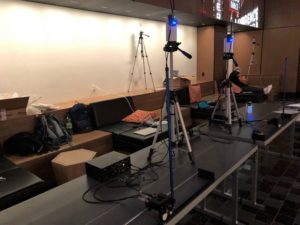 I ended up traveling to CPS-IoT Week 2019 to help the team set up and tune the pendulum portion of their demonstration. Even after working with the team and their technology for a couple of days, I remained very impressed by what they have accomplished.
I ended up traveling to CPS-IoT Week 2019 to help the team set up and tune the pendulum portion of their demonstration. Even after working with the team and their technology for a couple of days, I remained very impressed by what they have accomplished.
The team has created a unique networking and control approach. Using custom hardware and software, they performed high-speed control of an unstable system over a low-powered network. If that was not enough, their approach offers deterministic performance and a high level of resilience through an architecture that is adaptive to changes in the structure of the network.
The truly impressive part to those who know about these things, however, was that the network could be “multi-hop,” with the measurements and control commands passing through multiple nodes on their way to and from the controller. That, combined with the ability to control multiple inverted pendulums at the same time on the same network, was truly groundbreaking. Watch for yourselves:
Balancing Inverted Pendulums Wins Awards for the Team
I was not the only one impressed. The first public demonstration of the “Fast Feedback Control and Coordination with Mode Changes for Wireless Cyber-Physical Systems” won the Best Demo Award at the International Conference on Information Processing in Sensor Networks (IPSN), one of the events run under the umbrella of CPS-IoT Week.
Moreover, the paper describing the research won the Best Paper Award at the International Conference on Cyber-Physical Systems, under CPS-IoT Week event.
For more examples of Quanser systems used as research validation platforms, check our online research papers database.

